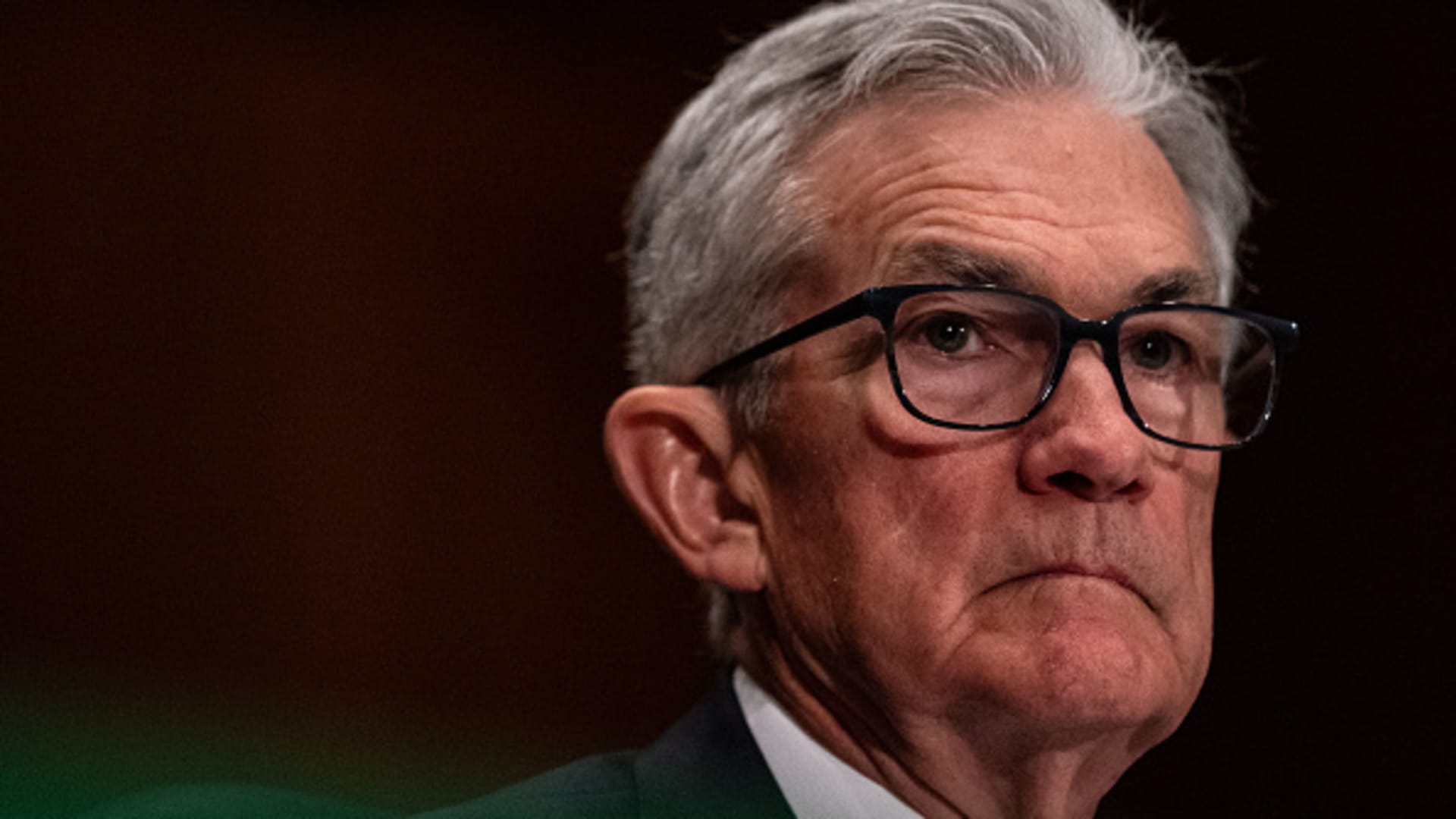Products You May Like
West Palm Beach, Fla. — The U.S. Federal Reserve is likely to start cutting interest rates by the end of second quarter despite recent “hotter than expected” inflation data, according to Kristina Hooper, chief global market strategist at Invesco.
The U.S. economy is also likely to dodge recession as the Fed calibrates interest-rate policy, she and other strategists said Wednesday at Financial Advisor Magazine’s annual Invest in Women conference in West Palm Beach, Florida.
The Fed has raised borrowing costs for consumers and businesses to rein in high inflation during the pandemic era. That has pushed up rates for mortgages, credit cards, auto loans and other forms of lending.
Inflation has declined significantly from its peak in mid-2022. However, it’s still well above the Fed’s 2% target level.
The question has become, at what point — and how quickly — does the central bank start to cut rates in order to avoid plunging the economy into a downturn?
Fed chair Jerome Powell said last week that the Fed may not be far off from throttling back.
Despite hotter-than-expected inflation data issued this week, the central bank is likely to start reducing borrowing costs by the end of June, with cumulative cuts of 0.75 percentage points or 1 point in 2024, Hooper said.
History may be a guiding principle, she said. The Fed last raised interest rates in summer 2023; in prior interest-rate-hiking cycles, the Fed began cutting rates about 8½ months later, Hooper said.
Jenny Johnson, president and CEO of Franklin Templeton, also expects the central bank to begin cutting rates this year, though in the second half of 2024 at Fed policy meetings in July or September.
Forecasts have changed from prior months.
Moira McLachlan, senior investment strategist in AllianceBernstein’s wealth strategies group, said the firm had earlier expected five or six cumulative rate cuts this year, but now expects three or four.
The firm’s “base case” is cumulative cuts of 1 percentage point in 2024, she said Wednesday.
Strategists expect the U.S. to dodge a recession as it navigates interest-rate policy, experiencing what’s known in economic parlance as a “soft landing.”
“A soft landing is our best guess in terms of where we’re going to be,” McLachlan said.
“We’re likely to avoid a recession,” Hooper echoed.
“I do worry [the Fed] may be too late to start cutting,” she said.
